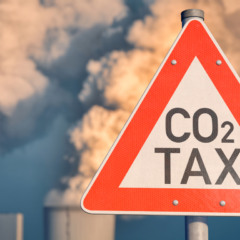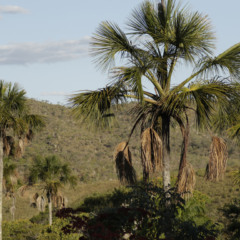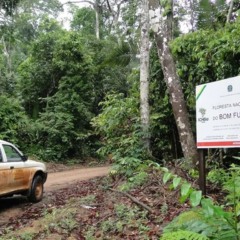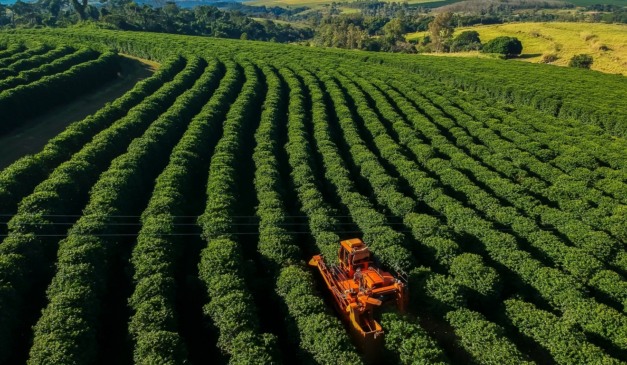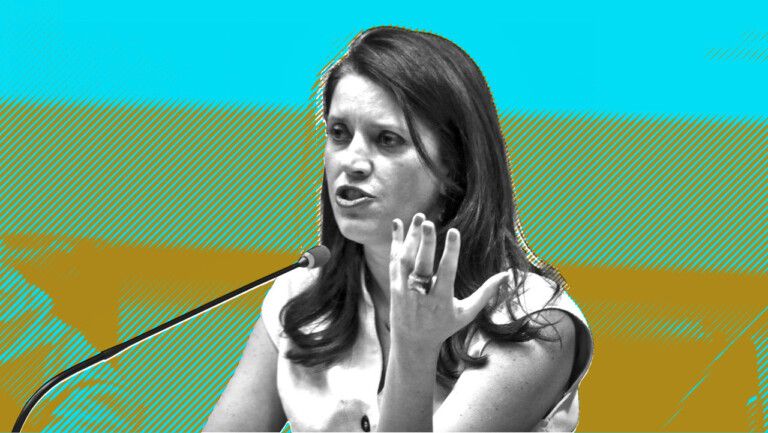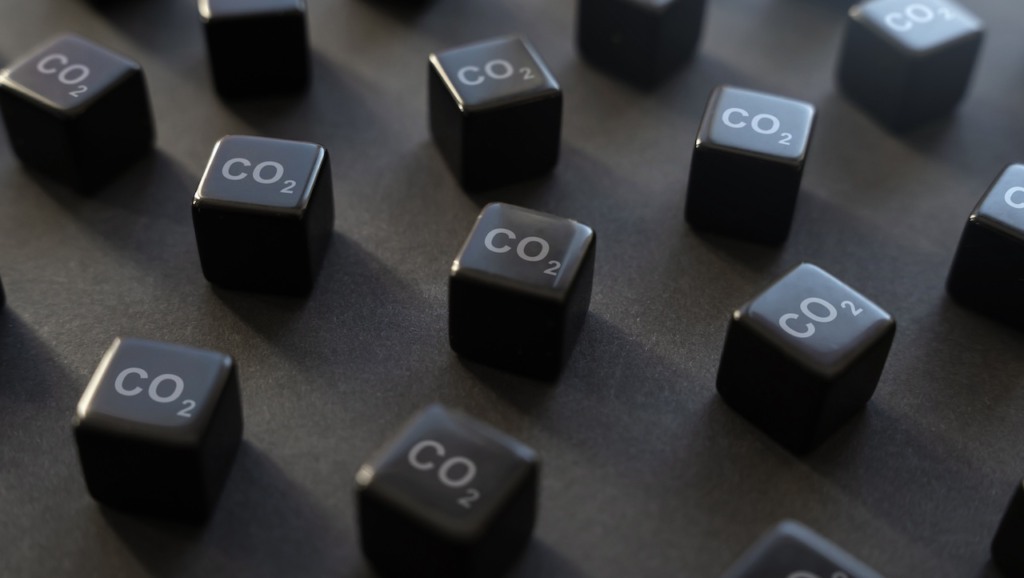
After passing the House’s final session of 2023, four days before Christmas, the bill that creates a compliance carbon market in Brazil officially returned to the Senate in the first week of February.
This may well be the only certainty regarding the matter.
The version to be considered by the senators kept the main definitions of a cap and trade system that sets limits for major greenhouse gas emitters. But the text from the House also delves into voluntary compensations – carbon credits acquired by organizations to offset their greenhouse gas emissions even in the absence of regulatory obligations. This created a “big mess,” according to a person who has been following the topic for years.
The confusion was further exacerbated because the deputies also carried out a procedural maneuver. The relevant parts of the proposal regarding the compliance market reflect Bill 412/22, originated in the Senate and approved by the House in October.
But the bill was attached to another one that was dormant in the House, Bill 2148/15. Should the senators make further changes, the proposal will have to go through the deputies’ scrutiny again.
There was hope that the regulated market bill would pass both chambers in time for COP28, held in December last year. The federal government’s idea was to present the law as another sign of the country’s commitment to decarbonization. The climate conference came and went, and what we have is the ‘Frankenstein’s monster’ bill now waiting for the Senate’s consideration.
Optimists talk about passage “this year,” but there are no guarantees.
How much longer?
The delay can be costly. The border adjustment tax instituted by the European Union for imports that embed carbon, known by the acronym CBAM, is already in its testing phase, and the charges start in 2026.
Being subject to a regulated system in one’s country is a way to avoid this “carbon tax,” also under consideration by the United Kingdom and Australia. Brazilian companies will have to wait.
“Once passing Congress and signed by the president, we’re talking about a Brazilian regulated market actually working in about five years,” says a person closely following the developments in Brasília. “We will have a period of up to two years for regulatory definitions, then the setting of sectoral emission caps, then a pilot phase.”
An extended implementation period was already expected, as it involves a new and complex structure, and the fundamentals of the Brazilian Emissions Trading System – the proposed name for the Brazilian compliance market – did not undergo significant changes in the Chamber.
Mixing Things Up
The biggest obstacle from here on out, in the unanimous opinion of experts consulted by Reset, will be dealing with the inclusion of carbon credits from the voluntary market in the bill.
They were already there in the original proposal, but only concerning the intersection with the regulated market.
A hypothetical example: a chemical industry that exceeds its emission ceiling could balance its carbon account using – within a limit to be established – a mix of carbon credits and so-called allowances traded within the regulated market that are either owned or purchased from peers who have emitted below their ceiling, i.e., who have a positive CO2 balance.
The current text goes far beyond this. The bill’s entire sixth chapter is dedicated to voluntary offerings. Although there is widespread consensus about the need for rules guaranteeing this market’s integrity, mixing things up ended up creating a text that is confusing and lacking focus.
“There were undertones of ‘how to make money’ from carbon credits and that distorted the central idea of the bill,” says a person who closely follows the congressional negotiations. Besides the interests of companies already involved in developing carbon projects, there is an expectation that agribusiness could also be a potential seller of credits.
Voluntary markets
One of the items introduced in the bill concerns jurisdictional carbon credit programs, or jurisdictional REDD+. This is a relatively new type of credit and one that particularly interests Amazon states, as they can be a potential source of new revenue.
In such a program, a state is compensated for deforestation that did not occur thanks to the implementation of public policies. This approach in theory eliminates an issue that has been plaguing private projects for years: the overstating of climate benefit by private projects.
Jurisdictional and project-based carbon credit schemes can coexist. Acre state can sell its jurisdictional credits provided it deducts the credits from private initiatives. This ensures that there is no risk of the same ton of carbon being sold twice.
The goal is to offer integrity, something everyone agrees on. But a private developer says the problem may happen when it’s time to do the actual carbon accounting. “I know how things work in Brazil. I’ve spent hours waiting in offices and only got approvals after finding someone I know.”
Another contentious point is the determination that 50% of the resources from the sale of credits in afforestation or reforestation initiatives be earmarked for indigenous populations, quilombolas, or traditional communities living in the territory. This percentage could deal a fatal blow to the economic models of many ventures, as reforestation has very high costs.
The Brasília Factor
Sectoral and individual efforts will revisit these and other points now that the bill has returned to the Senate. The expectation is that Senator Leila Barros (PDT-DF) will be responsible for the bill. This is seen as a positive sign, as she understands the subject in detail and was able to accommodate different and sometimes opposing views on the text passed last October.
However, the possibility that the grafting of voluntary market rules by the House is done is considered slim.
This brings us to the “political risk.”
The increasing attention on issues related to climate change, along with the UN Climate Conference in Belém in 2025, shows that an essentially technical topic like a compliance carbon market is subject to unforeseen consequences.
The climate/environmental agenda has become one of the most important fronts in the tug-of-war between the houses of Congress and also in the dispute between the Legislative and Executive branches.
As things stand now, the speaker of the House, Arthur Lira (PP-AL), controls the destiny of the bill before it is sent to president Luiz Inácio Lula da Silva. But there is a possibility that his counterpart in the Senate, Rodrigo Pacheco (PSD-MG), will not accept the procedural power play of the House.
Also unclear are the bill’s path in the Senate and what will happen after it is returned to the Chamber, in case of changes to the text.
Sources heard by Reset requested anonymity to freely discuss the issue, as they also work with parliamentarians. While they expressed frustration, all seemed resigned to the inevitable political dance.
The hope is that it will pass by COP29, which takes place in November. But, after coming so close so many times, for now, it is nothing more than that: a hope.

